GLOBAL BRAND OF THE DECADE: CEO STEVE SHIFFMAN ON THE PAST, PRESENT AND FUTURE OF CALVIN KLEIN INC
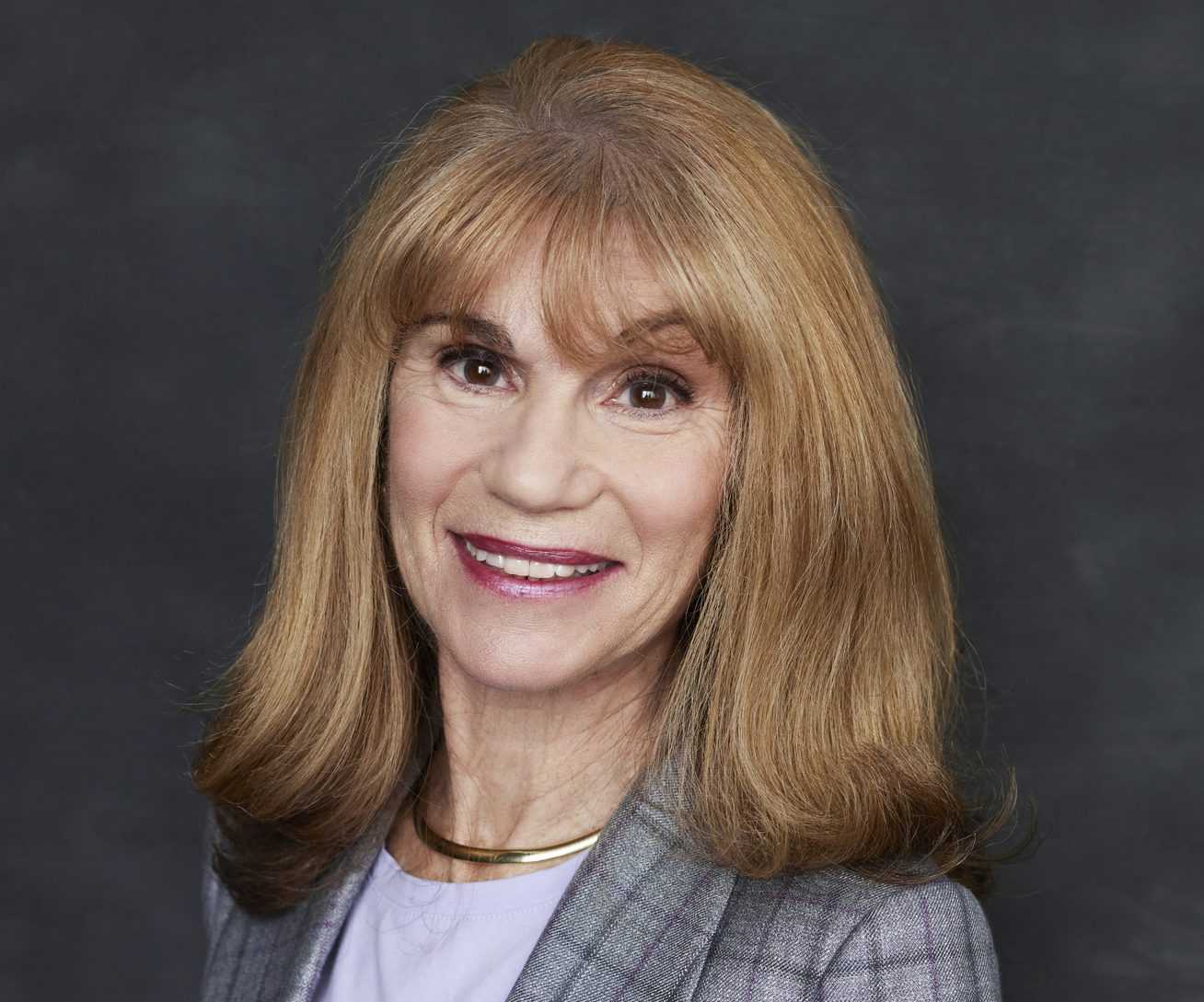
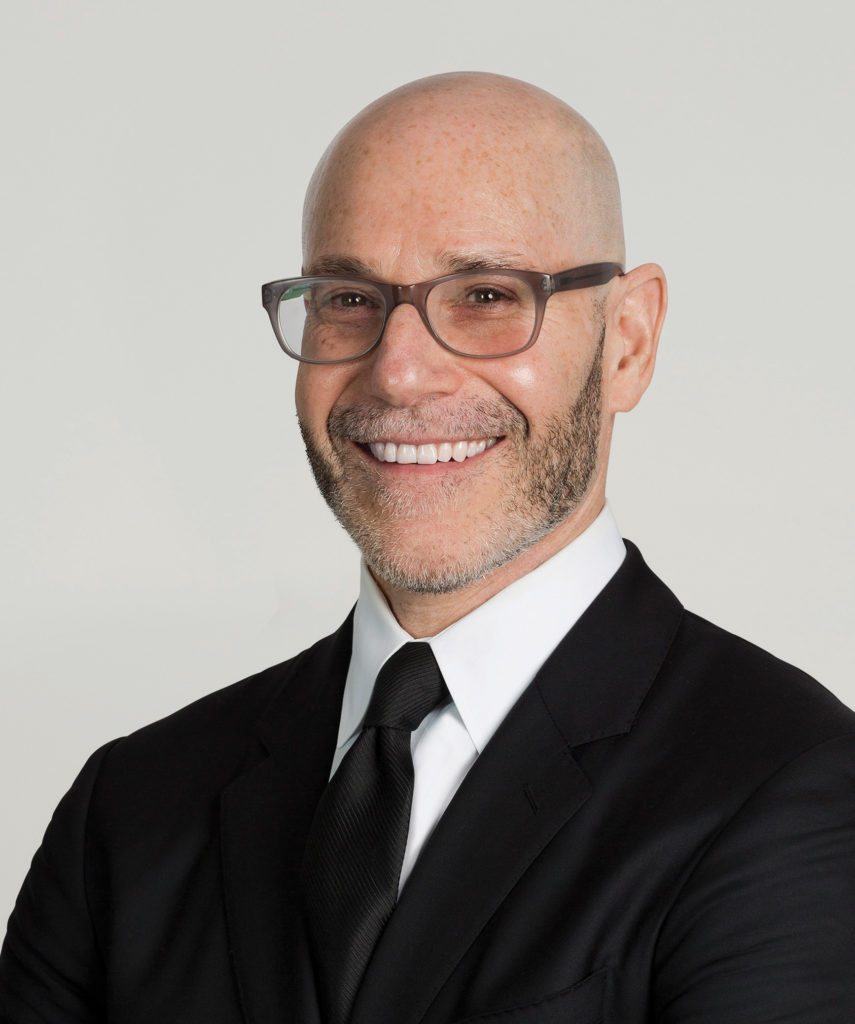
Just as Calvin Klein is a unique kind of brand, influencing American (and now global) culture for almost five decades and generating, in 2015, an impressive $8.2 billion in sales, so too is Steve Shiffman a unique kind of CEO. Says PVH chairman Manny Chirico, “Steve Shiffman is a high-energy, customer-focused leader who has delivered outstanding results in every position he has held. He had worked at PVH for more than 20 years before being promoted to this CEO position and has been a key senior executive in the transition of PVH over the last decade. With his experience and proven track record, Steve is the ideal executive to lead our Calvin Klein business forward.”
Here, we chat with Shiffman about the past, present and future of Calvin Klein, Inc.
Q: What do you think has accounted for the success of the Calvin Klein brand to this point in time?
A: Calvin Klein has been a significant presence in people’s lives for almost 50 years. From the very beginning, the brand has consistently changed the way people feel about themselves and the world around them.
Calvin’s first jeans ad featured a 15-year-old Brooke Shields. The ad provoked enormous controversy. But importantly, it did something else: It made us think about what Brooke was feeling. The touch of denim on soft skin. Sexy? Sure. But sensuous too.
In 1982, we put an underwear ad on a billboard in Times Square and turned men’s underwear into a fashion statement virtually overnight. Great fashion is like great architecture: it compels us to experience the world differently. Mr. Klein was heavily influenced by both fashion and architectural design and built the brand on timeless principles that provoke both physical and emotional sensations.
Great brands, enduring brands, make people feel more alive. Our willingness to encourage people to fully explore their senses has been at the heart of Calvin Klein’s longevity. It will always be a big part of how we connect to the world.
Q: When PVH bought Calvin Klein in 2003, what was the strategy and how did it evolve? You took over from Tom Murry in 2014—what changes did you make?
A: When PVH bought Calvin Klein, it was an acknowledgement that the brand represented untapped potential. PVH showed early on that they completely understood what makes Calvin Klein unique, and they continue to invest heavily to support our evolution and our growth.
Under Tom Murry’s leadership, the company grew from $2.8 billion in global retail sales in 2003 to $7.6 billion in 2012 — culminating in PVH’s acquisition of Warnaco, which allowed us to become one company again, designers and supply chain sitting under one roof. That’s been critical as we establish Calvin Klein as a truly global business.
My job is to deepen and widen that mission, to take us from a global fashion brand to becoming a leading global lifestyle brand. That requires significant investment in both talent and technology, and a seamless marriage between the two.
It also requires that we hold ourselves to our own highest standards, that we take the things that made Calvin Klein a household name — originality, courage, empathy, sensitivity — and lean into them with an unwavering commitment to make the lives of our consumers richer and more vibrant. That’s what this brand deserves and what our customers deserve.
Q: With the exit of designers Francisco Costa and Italo Zucchelli, what is your new strategy?
A: In today’s world, the consumer is bombarded by limitless questions and choices. Who do we want to be, which values do we want to uphold, with which communities do we want to be associated? In the midst of all that, I think great brands represent a constancy in people’s lives.
There’s a lot of talk today about 360-degree brands. But I don’t think people want brands in every aspect of their lives. I’m not sure you want Calvin Klein in your refrigerator, for instance, or Apple in your underwear. But I do think consumers want 365-day brands. Brands they can depend on every day. Brands that understand them and brands they can understand.
I came to the conclusion that to be a 365-day brand we need to have a single creative vision running through the DNA of the company. This single ‘thread’ will give consumers confidence that, even when we’re encouraging them to experience the world more fully, we’re doing it from a place they can trust. A place that is familiar even while it is provocative. I think that is Calvin Klein at its best.
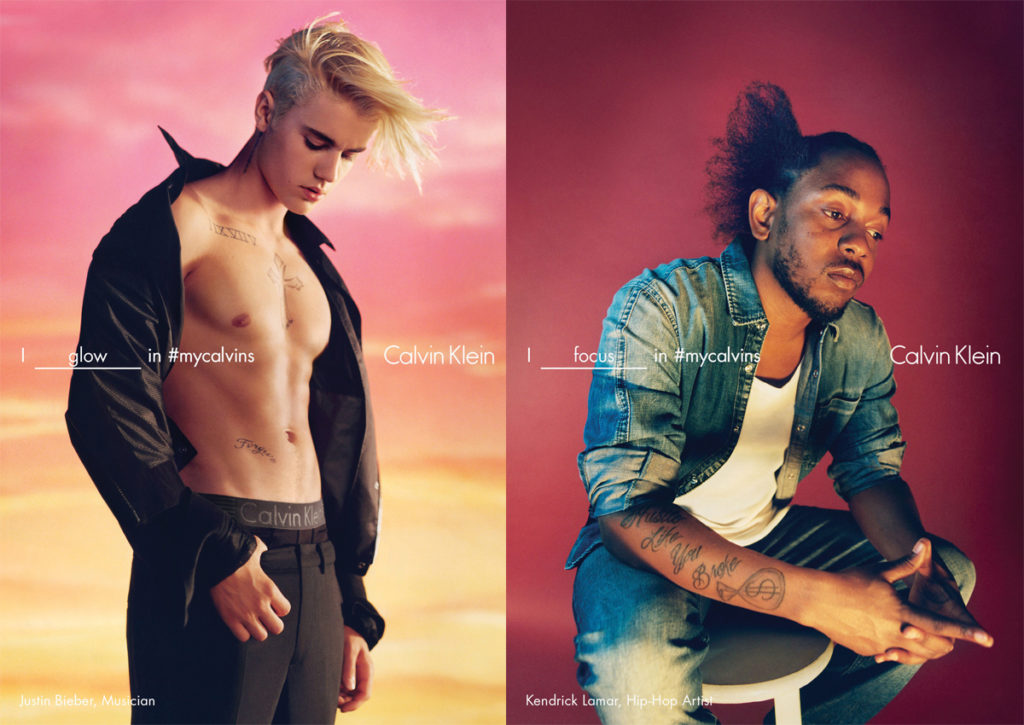
A: America has contributed enormously to the world of fashion over the last 50 years, and none more so than the three talented icons you mention. Each of these designers has left an indelible mark, not just on fashion but on culture.
Over any long-term cycle, it’s inevitable that every business will go through periods of success and periods of reinvention. You work very hard to ensure that the successful times last significantly longer than the others. We’re committed to being a driving force behind both American and global fashion. Over the past 50 years, Calvin Klein has had an enormous influence, not just on fashion but on culture. We intend for that to be true 50 years from now.
Q: At less than five percent of the Calvin business, Collection has been a halo but not meaningful to top or bottom line. How do you change this?
A: Investment in world-class talent. Over the last few months we’ve added a new President for the business, a Chief Operating Officer based in our European headquarters, and new heads of Sales and Merchandising. They are veterans in the luxury fashion industry and bring us the expertise to drive both the art and commerce of the collection business.
We will also grow Collection via our company-wide commitment to delivering exceptional design that creates value for our customers. Economic value, of course, but also value in the way they feel about themselves and their lives. And the better we do that, the better the return on investment of time and talent.
Q: Your assessment of the current tenuous state of retail: what’s needed to turn things around?
A: I think the ground on which retail takes place has shifted. Mostly online. That means we have to engage with our customers on their terms, through channels that matter to them. The store experience is still very important, but we also have to provide new kinds of shopping experiences. That might mean virtual reality, it might mean relationship management software, it might mean personal shoppers through apps. We and our partners have to understand what today’s consumers want from a modern brand and make sure we’re meeting and exceeding those expectations.
Q: What are your thoughts on attracting millennials, that elusive generation not necessarily inspired by the same values as previous generations?
A: It has become fashionable to separate out ‘millennials’ as a different kind of consumer. But the fact is that every generation emphasizes some values more than others.
There are six different generations alive in America today, from the GI Generation through the Mature/Silents, the Baby Boomers, Gen X, Millennials and Gen Z. Successful brands have to build meaningful connections through multiple demographics and we’re proud that we’ve both inspired and been inspired by each successive generation. I believe our success is that we’ve managed to speak to each successive generation on its own terms.
Q: I’d love to conclude with some lessons you’ve learned from any mentors or role models you’ve encountered.
A: A wise man once wrote, “simplicity and elegance should be applied to everything.” That wise man is my father. He is still with us, and still wise. He and my mother have been my biggest influences. They taught me to have values and to live by them. In the day-to-day running of a multi-billion dollar global business, it’s easy to lose sight of what’s important to you. I constantly remind myself of my values. They help me to make sure I’m creating an environment that allows talented people to fulfill their potential. They also help me to make sure that together, we’re growing a business that delivers extraordinary results for all of our constituents: customers, consumers, partners, employees and shareholders.
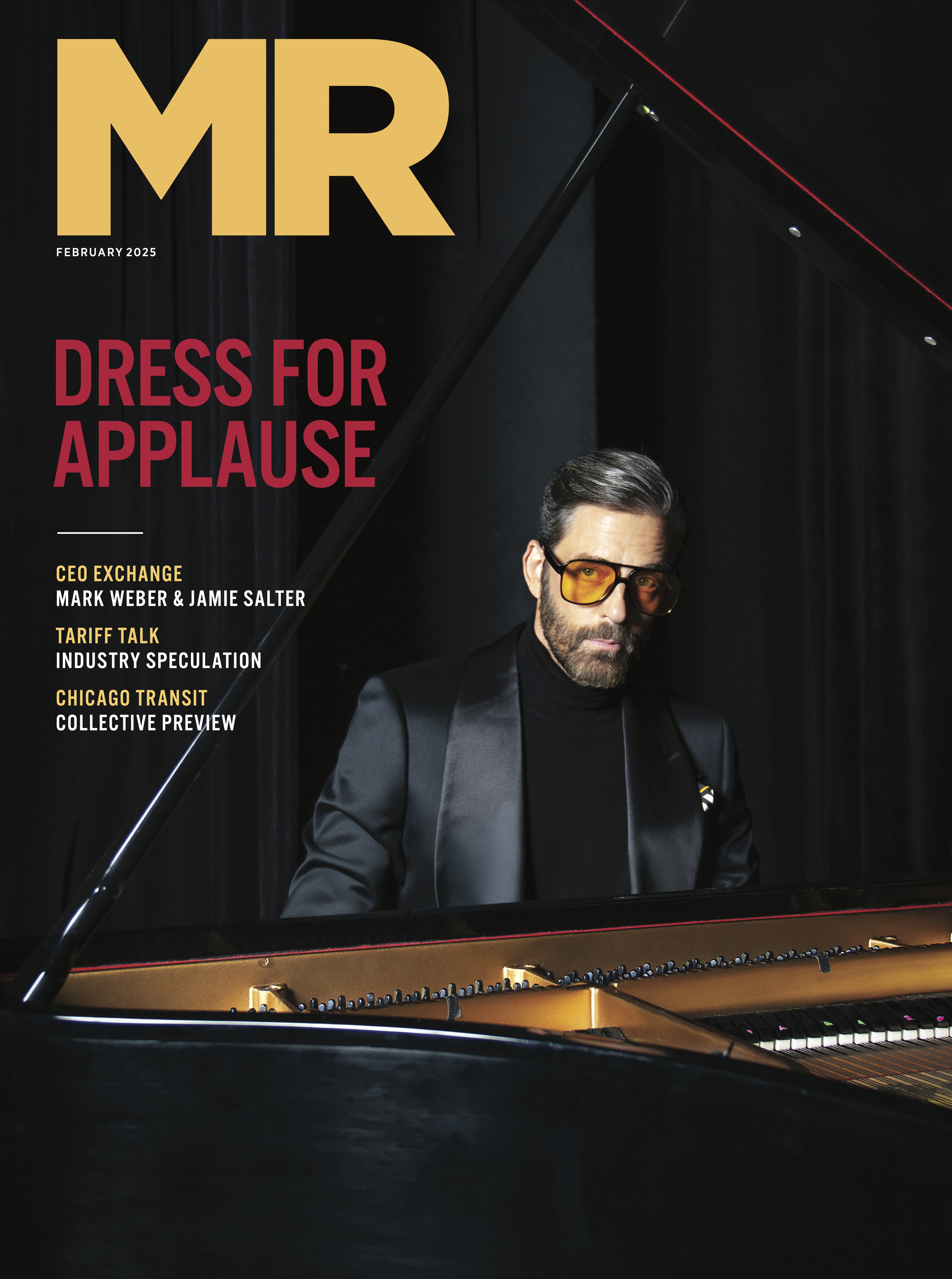

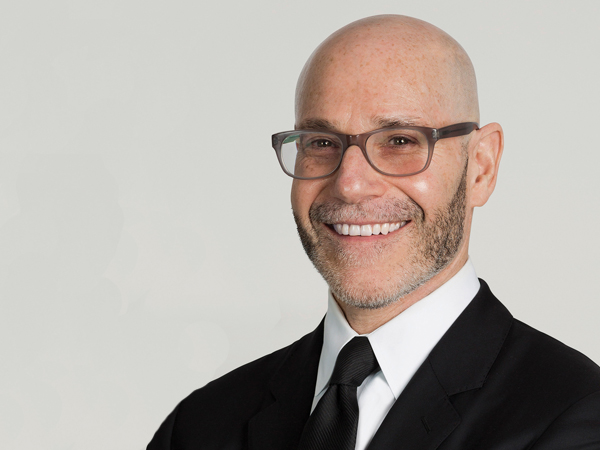

This was a really interesting article to read about Calvin Klein. I love hearing from the CEO of companies as they always have interesting wisdom or advice to share.